Police Street Powers and Criminal Justice
This book examines the outcomes of a five-year ethnographic study of two North of England police forces; the prism through which to revisit the question of the regulation and legitimacy of police powers. Central to this study is the degree to which discretion still plays a centrexercise of these powers. It shows how this reliance on discretionary powers is fraught with difficulty. The authors demonstrate that in order to effectively reform the exercise of these powers, the police service should be regarded as having a unique culture, where change and uncertainly are commonplace. It is only by recognising the unusual working practises of policing, can meaningful reform be achieved; making this book required reading for policy makers in the field of criminal justice.
{{comment.content}}

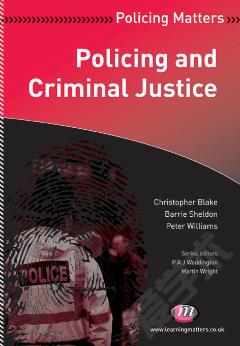

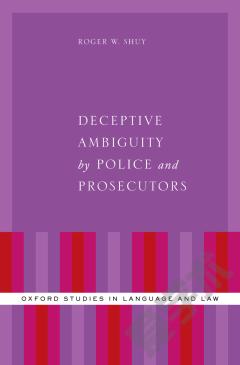
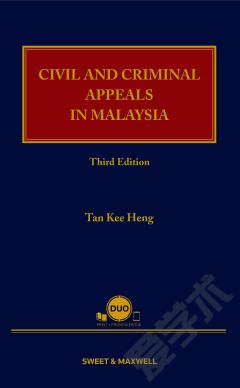
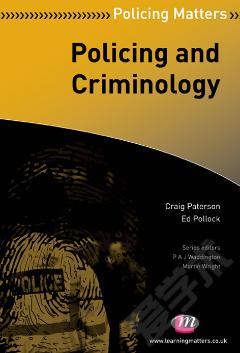
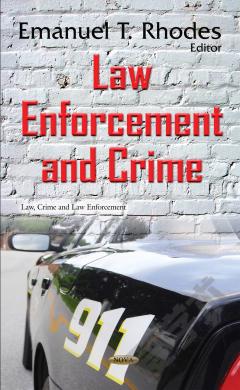

 京公网安备 11010802027623号
京公网安备 11010802027623号